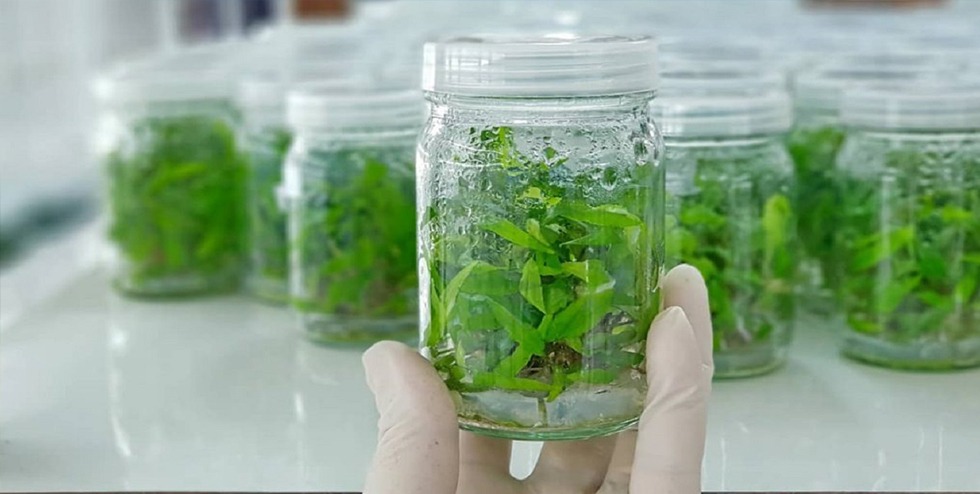
Plant tissue culture is one of the most advanced biotechnologies in modern agriculture, enabling the production of healthy, uniform, and resilient plants under various environmental conditions. This laboratory-based method allows for the mass propagation of high-quality plants without relying on traditional seeds or cuttings.
How is Plant Tissue Culture Performed?
In this technique, small plant tissues or cells (such as buds, leaves, or stems) are grown in a sterile nutrient-rich culture medium. By applying hormones and controlling environmental conditions, these tissues develop into complete healthy plants. The process is carefully monitored to prevent contamination by pathogens and ensure plant health.
Benefits of Plant Tissue Culture for Farmers
-
Production of Disease-Free Plants
Plants produced through tissue culture are free from viruses and fungal diseases, ensuring healthier crops and reducing economic losses. -
Genetic Uniformity and High Quality
This method produces plants with consistent genetic and growth characteristics, leading to higher product quality and increased farm productivity. -
Rapid and Large-Scale Production
Tissue culture allows for the mass production of thousands of healthy seedlings in a short time, which is particularly useful for slow-growing or rare plant varieties. -
Environmental Stress Resistance
By selecting and developing suitable varieties, tissue-cultured plants can be more resistant to drought, soil salinity, and extreme temperatures, reducing farming risks in challenging regions. -
Reduced Need for Chemicals
Healthy and resilient plants require fewer pesticides and chemical fertilizers, saving costs and protecting the environment.
Conclusion
Plant tissue culture is one of the most innovative methods to increase productivity, maintain high-quality crops, and support sustainable agriculture. By using this technology, farmers can grow healthier, more resilient, and higher-yielding plants while minimizing environmental impact.
Javaneh Omid Balouch Company specializes in plant tissue culture and produces a variety of fruit trees, ornamental, and medicinal plants to provide farmers with a reliable solution for sustainable and profitable agriculture.
